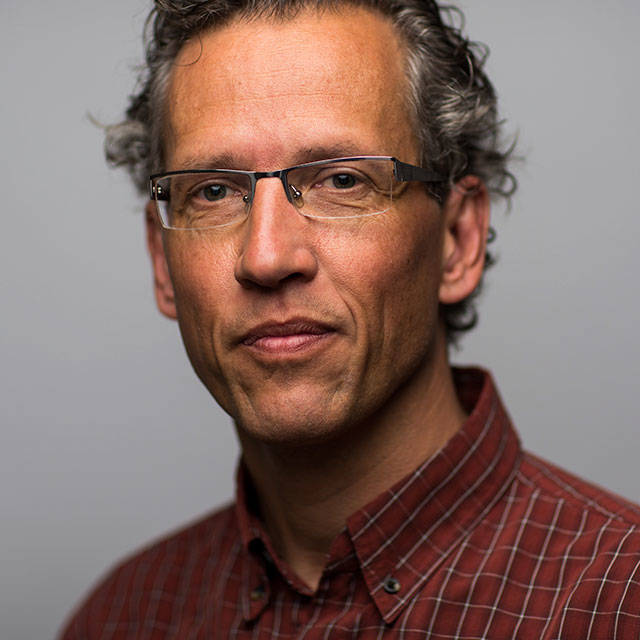Many of us first heard of Winona LaDuke when she ran as Ralph Nader’s vice-presidential candidate in 1996 and 2000. A graduate of Harvard and Antioch, throughout her career she has been an effective advocate for indigenous human rights, actively engaged in the ratification of the 2007 UN Declaration on Indigenous Peoples’ Rights.
Many justifiably revere her as a catalytic leader in the “Politics of No”: “No, you will not take my land rights.” “No, you will not put a pipeline through ecologically-fragile and sacred lands.”
Winona admits she gets tired of fighting and readily concedes we all were raised in the fossil-fuel era. Yet she advocates with a clarion voice for the viability, and the necessity, of “a graceful exit.” Wind, solar and other renewables provide realistic energy sources to fuel our modern economies, if only we embrace the necessary cultural and economic paradigm shifts.
Winona emphasizes that our dependence on a finite petroleum supply has delivered us into our current predicament of “extreme extraction.” Fracking pollutes groundwater and causes earthquakes. Coal mining sheers off mountaintops. Offshore drilling releases spills, crippling vibrant coastal economies and marine ecosystems. Alberta’s Tar Sands extra-heavy crude threatens thousands of square miles of forest and fresh water to provide distant consumers, across pipelines, train lines and tanker lines, with filthy fuel. Fighting Enbridge’s Sandpiper pipeline was one of Winona’s biggest successes in the “Politics of No,” memorialized in the 2017 documentary, “First Daughter and the Black Snake,” available online. Through a diversity of words, actions, participants and perspectives, community members from across the region brought the corporate fight into their homeland and held regulatory authorities to account.
But what we find particularly inspiring about Winona is her deft ability to interplay the “Politics of Yes” with the “Politics of No.” “Yes” focuses on sustainable, restorative food and energy systems that pro-actively free us from our inherited comfort-zone of petroleum dependence.
Winona is an outspoken defender of native wild rice, with at least a million pounds harvested manually, by hand from a canoe. Yet Winona, a trained economist, recognizes the sustaining necessity of a broad vision for restorative economies. As such, she has brought solar to residential communities on the White Earth Reservation and is farming heritage corn varieties and hemp, once a predominant fiber for clothing in the United States.
As we learn about and support Winona’s extraordinary successes on the White Earth Reservation in Minnesota, both in the “Politics of No” and the “Politics of Yes,” we can learn from and be inspired by her vision here in the Pacific Northwest. Her struggles and solutions are ours, too, because climate change, loss of food security and environmental injustices are global phenomena.
Winona’s example of collaborative leadership led us to gather a dynamic group of Vashon residents to envision and organize an event March 10 at the Open Space, where Winona will join us to mingle and give a talk. Together with local indigenous leaders, eclectic music and imagery, sacred rice flowing with sacred salmon, we will gather in a celebratory spirit of comradery to support Honor the Earth, the organization co-founded by Winona in 1993, and their fight against extreme extraction, namely, Enbridge’s proposed Line 3 pipeline.
Leadership for the March 10 event has included multiple organizations: Backbone Campaign, Fable Collections, Open Space for Arts & Community, Vashon Heritage Museum, Vashon Nature Center and Vashon Green School, to name just a few. We are of diverse ages, including millennials. We do this because we admire Honor the Earth’s work, and because we recognize that these issues affect us all. Collectively, we are committed to addressing them from complementary angles.
Vashon should be proud of its own expanding reality of restorative food, energy and land protection initiatives, too many to name all here. The Vashon Island Growers Association, the food bank and the school district promote local food for all. Zero Waste Vashon promotes composting and recycling. Vashon Green School, Vashon Nature Center and Vashon Maury Island Land Trust excel at wilderness and land-use education, citizen science, and inter-species awareness, and provide numerous inter-generational opportunities to restore the land and our connection to it. Other initiatives promote solar grids, electric cars and eradication of coal-derived electricity. Nationally, Backbone’s Solutionary Rail campaign to electrify America’s railroads and open corridors offers a “yes” to the “no” of our fossil fuel economy. Let’s each support this momentum by engaging with an issue that resonates personally and balance the “Politics of No” with the “Opportunity of Yes.”
— Ann E. Edwards is an islander and conservation biologist who has spent years living and working with indigenous people in Africa and Asia. Patrick Christie is a UW professor in marine policy and environmental sociology, an activist and Vashon resident.



